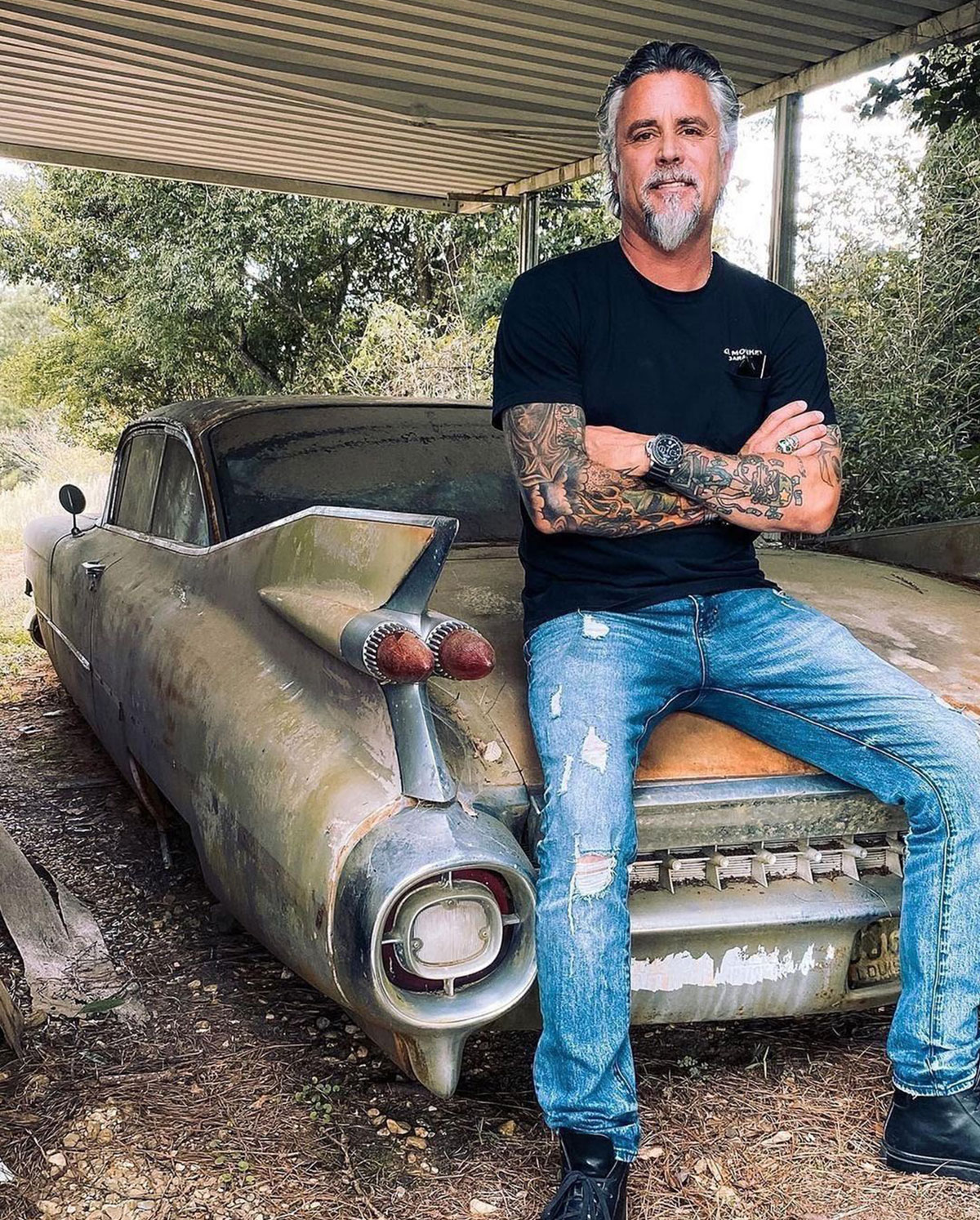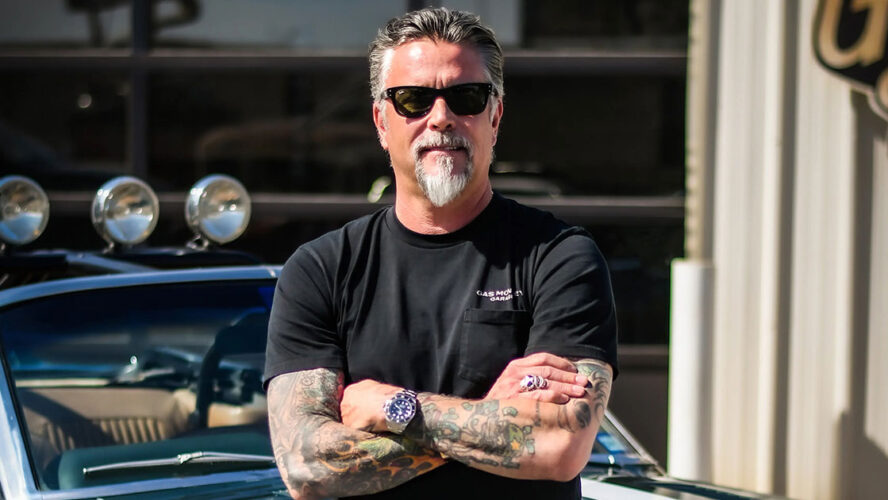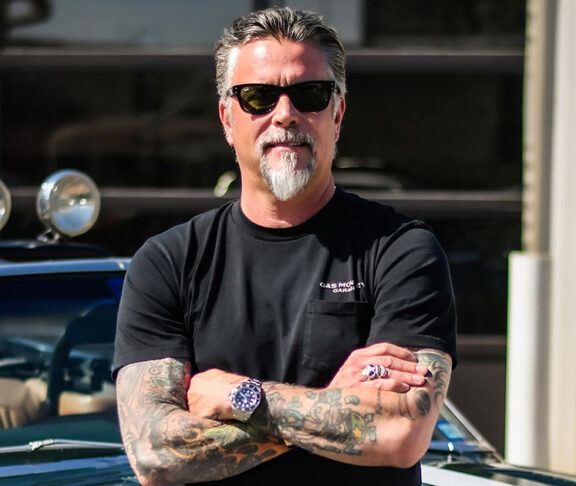Richard Rawlings, founder of Gas Monkey Garage, explains why skilled trades matter more than ever in today’s evolving automotive landscape.
What first drew you into the world of cars and mechanics?
I’ve always been into cars and motorcycles since I was a small child. My dad was very instrumental in making sure that I understood the workings of vehicles. I also began buying and selling them even before I had a driver’s license. The bottom line is my dad was always buying and selling cars, so I was hooked.
What was one of your biggest challenges when getting started in the automotive world?
Money is always the biggest challenge when you’re just getting started. When I started this company, I didn’t have a ton of cash, but I had grit and determination. For me, hard work and persistence are what allowed me to stay in the business long enough to be successful. When faced with any challenge, you must maintain your focus. You have to pick your lane and stay in it. There were many times when even my friends told me to give up, but I did not.

Why do you believe the roles of mechanics and technicians are more critical than ever?
With the rise of the computer age, we’ve lost a generation or two of those who would normally pursue these traditional trade positions. There’s such a drastic shortage of mechanics and technicians, not just in the automotive and motorcycle sectors, but across all trades in general. So today, there’s really good opportunity for talented, qualified people to make a lot of money coming into the field.
What skills do you think the next generation of technicians needs to thrive in today’s automotive industry?
I think moving forward in the automotive industry, skilled technicians are going to be very computer-literate. I’ll go so far as to say that the most important tool in the toolbox is now and will always be the computer, as opposed to the screwdriver or the hammer of 25 years ago.
How can we better support and uplift vocational programs in high schools and communities?
Most schools have gotten rid of all the extracurricular programs and shop classes due to budget cuts. We need to focus on getting those classes and programs back into a primary spot because, at the end of the day, it’s always going to take human hands to make all of these machines work, especially out in the field.

